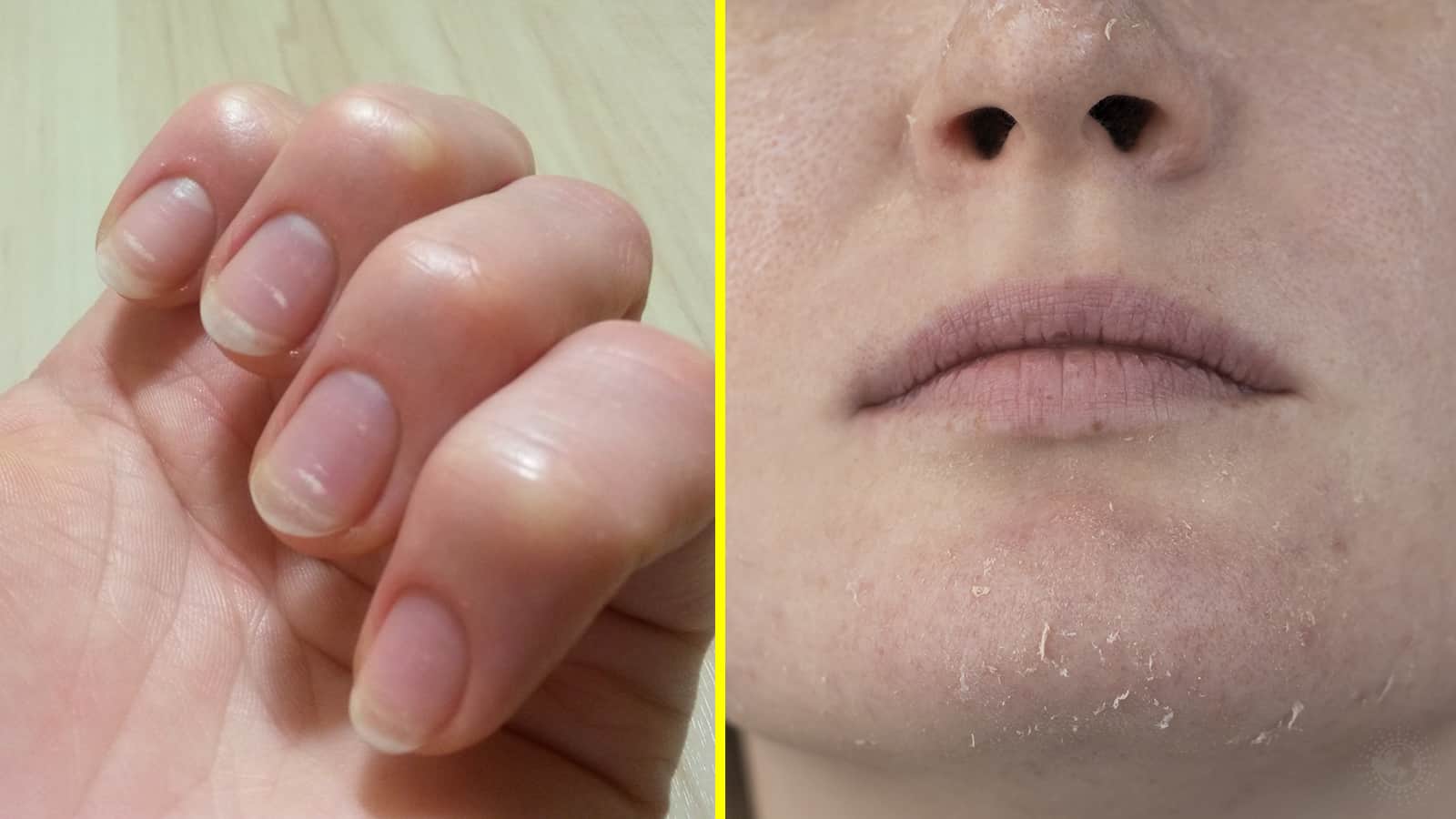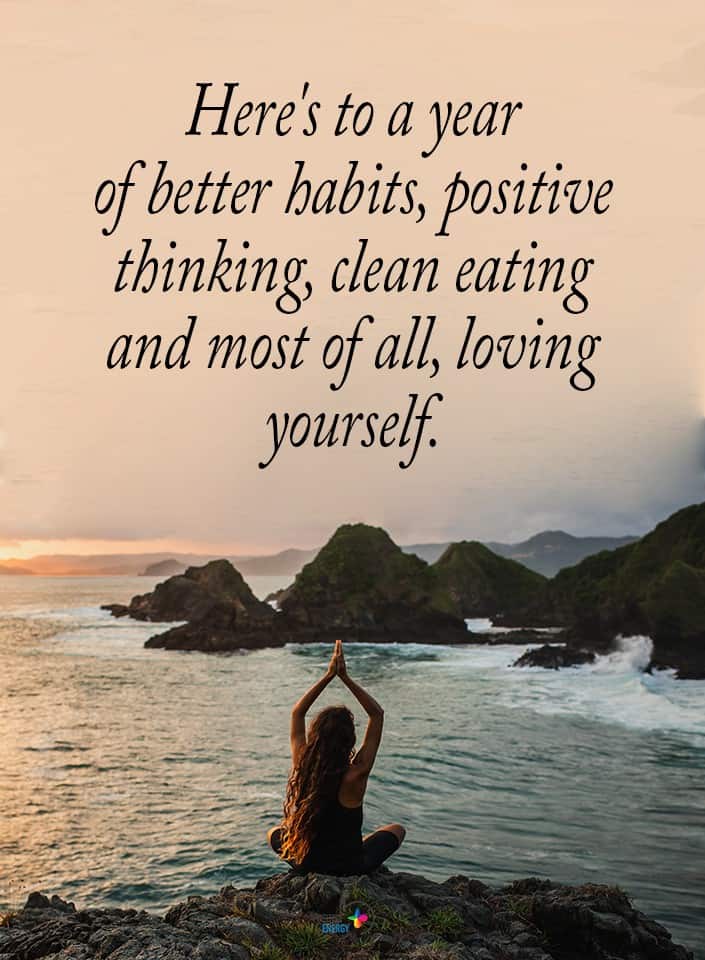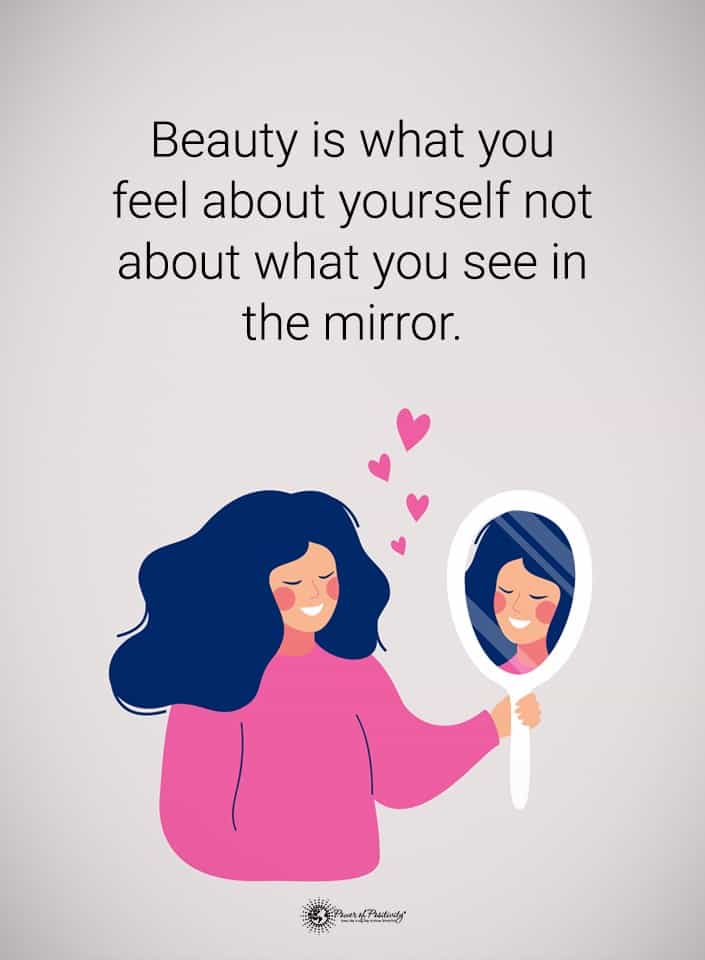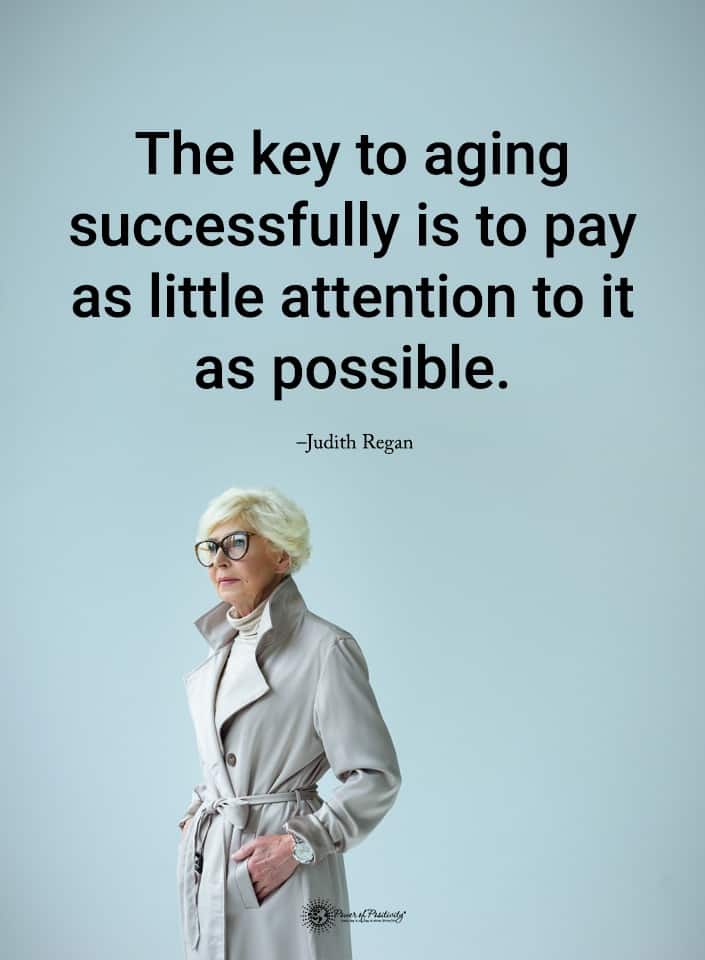Even when you feel like you eat well, you might miss essential nutrients and vitamins. When you eat the same types of foods each day, you might be limiting your nutritional intake. Luckily, there are ways to detect nutritional deficiencies in your body so that you can work on improving your health.
Nutritional deficiencies are common in the United States, even among seemingly healthy people. While nutritional deficiency signs and symptoms usually take time to show up, there are early indications. You can begin to detect nutritional deficiencies early on in subtle ways that you may not have known before.
Your doctor doesn’t always know what is normal for you, so you can’t leave it to them to notice. Plus, not all deficiencies will show up on lab tests at the doctor’s office, either. You must watch for these things yourself and tell your doctor about them.
Twenty Signs That Help Detect Nutritional Deficiencies in Your Body
Knowing what to watch for to detect nutritional deficiencies is essential to catching the problem right away. You know your body better than anyone, so trust your instinct when you think something is off. Watch for these signs to help you get healthy.
1. Sore Tongue or Cracked Lips
If you notice that your tongue is sore or has a burning sensation, it could be a sign of vitamin B2 deficiency. You might also experience a burning sensation on your lips. Another sign of a B2 deficiency is cracked or peeling lips.
2. Numbness
Another indicator of a vitamin B12 deficiency is unexplained numbness in your body. You might experience numb legs, hands, or feet.
This vitamin is most often found in animal products. So, if you consume a plant-based diet, this might be a problem for you. You can find other ways to incorporate vitamin B12 in your diet, or you can find a supplement.
3. Diarrhea
If you experience diarrhea, you might be deficient in folate, or folic acid. This vitamin supports healthy function, allowing all systems of your body to work appropriately. If you have this uncomfortable symptom, try increasing the amount of folic acid you consume in your diet.
Good sources of folate include:
- dark, leafy greens
- fortified cereal
- beans
- peanuts
- whole grains
- eggs
- sunflower seeds
4. Cataracts
This common condition causes the lens of your eye to become cloudy. When your lens becomes cloudy, it could indicate a few issues in your nutritional balance.
Developing cataracts could indicate a deficiency of riboflavin or chromium. On the other hand, it could be a sign of excessive free radicals. The free radicals cause oxidative stress, which is a direct cause of cataracts.
5. Cold Hands When There is No Reason to Be Cold
If your hands get cold, but the rest of your body isn’t, it could be a sign of nutritional deficiencies. Your hands get cold when you have a magnesium or iron deficiency. For your blood to become oxygenated, you must have enough iron to supply your red blood cells.
Without enough, you could become anemic. One of the common signs is cold hands. If you experience this sign, it is a good indicator that you might have nutritional deficiencies.
You might not notice this sign right away because it tends to happen gradually. Before you know it, though, your hands will seem cold all the time without reason.
6. Fatigue
If you are constantly fatigued, it could be a sign of a bigger problem. With an iron deficiency, you will experience fatigue that doesn’t go away no matter the sleep you get.
Low iron causes anemia, as mentioned before, and it negatively impacts your red blood cells. When your cells don’t have enough oxygen, you will experience fatigue and a lack of motivation.
7. Diminished Eye Health
If you experience dry eyes, night blindness, or, in extreme situations, complete blindness, it can be due to nutritional deficiencies. Usually, when it comes to your eye health, vitamin A is the missing nutrient. One sign of eye dryness is the inability to produce tears, so watch for that, too.
8. Dehydrated Skin
When you are lacking vitamin A, your skin cells won’t replenish. When the cells don’t replenish, you will experience dry skin, itching, and cracking. The skin can become inflamed, or you can experience eczema and psoriasis flare-ups.
9. Brittle Hair and Nails
If your hair or nails become dry and brittle, it could be a sign of nutritional deficiencies. This sign is often indicative of too little essential fatty acids, protein, or iron. Figuring out what you are lacking can bring life back to your hair and nails and make you feel better, too.
Lacking vitamin B7 (also known as biotin) and magnesium can cause brittle hair and nails, too. Along with dryness, you will notice splitting and breakage, as well.
10. Skin Rashes, Acne, and Blemishes
Many skin problems are related to nutritional deficiencies in your body. If you lack vitamins A, D, or E, which are all fat-soluble nutrients, you will experience rashes, acne, and other blemishes. You also have to consume enough omega 3 fatty acids.
If you aren’t getting the necessary nutrients and vitamins, nothing will improve your skin condition. You can try all of the facial products you can find, but eating a healthy diet is key.
11. White Spots on Your Nails
White spots on your nails can appear as little spots or lines. If you notice white spots on your nails, it could indicate a deficiency of calcium or zinc. Try increasing these nutrients in your diet, and the white spots will fade away.
12. Constipation
If you are constipated, it could be a sign that you are deficient in potassium. Potassium helps your body work properly and regulate blood pressure while removing waste. This nutrient is easy to lose, especially if you have been sick or sweating.
As easy as it is to lose, it is just as easy to replenish. If you are constipated, increase your potassium intake with bananas, milk, acorn squash, lentils, or kidney beans.
13. Slow Healing Wounds or Spontaneous Bleeds
If you bleed easily or spontaneously, it could be a sign of vitamin C or K deficiency. With slow healing wounds, it could be that you are deficient in Vitamin A. You can recognize slow healing wounds if you aren’t healing as quickly as you usually do.
14. Frequent Muscle Cramping in the Calves
If your calf muscles are tender and frequently cramp, it could be a sign of magnesium deficiency. A magnesium deficiency happens when electrolytes deplete. This depletion can occur during strenuous exercise, so adjust your magnesium intake accordingly.
15. Ridges on Your Nails
If you have ridges on your nails, it can indicate a few deficiencies, including zinc, magnesium, and vitamin B12. Zinc is essential for many bodily functions, and it can cause these marks on your fingernails. Increase your zinc intake by consuming more foods that are rich in this nutrient or take a supplement.
Vitamin B12 deficiencies can cause pernicious anemia, which means your body isn’t producing enough red blood cells. If you notice ridges on your fingernails, it is a good indication of vitamin B12 deficiencies.
If a magnesium deficiency is a problem, you can easily incorporate it into your diet. You can add avocado, leafy green vegetables, dried fruits, or nuts to your list to increase your intake.
16. Abnormally Smooth Tongue
You might also experience pain along with a smooth appearance. When this happens, it is a sign of a folic acid deficiency. Increasing the number of foods in your diet that contain folic acid can make all the difference in this situation.
17. Premature Gray Hair
If your hair turns gray prematurely, it could be a sign of pernicious anemia. Since this type of pernicious anemia is due to a deficiency of vitamin B12, it indicates a lack in your body. Increase your vitamin B12 levels, and the hair change will slow.
18. Respiratory Infections
If you have respiratory infections often, it could be a sign of something more. Deficiencies in any vitamins and nutrients can cause more frequent infections in your throat and chest.
19. Heart Problems
If you experience an irregular heartbeat, high blood pressure, or cardiomegaly, it could be insufficient nutrients. Many times, magnesium deficiency is the culprit, so you can start there to improve your life.
20. Hair Loss
Not only can your hair prematurely turn gray due to deficiencies, but it can all fall out. If your hair is falling out more than it should, it might be a sign of inadequate nutrient intake. This issue is due to a protein deficiency, so it is often a problem for people with a plant-based diet.
Final Thoughts on Signs That Help Detect Nutritional Deficiencies In Your Body
If you experience any of these signs, it could detect nutritional deficiencies in your body. As you notice these indicators, please make a note to discuss them with your doctor. In the meantime, try changing your diet to incorporate more essential nutrients and vitamins.
Once you figure out the vitamins and nutrients that you lack, making a healthy change is possible. You will feel better, and you will notice that the signs fade away, too.

















 Community
Community

